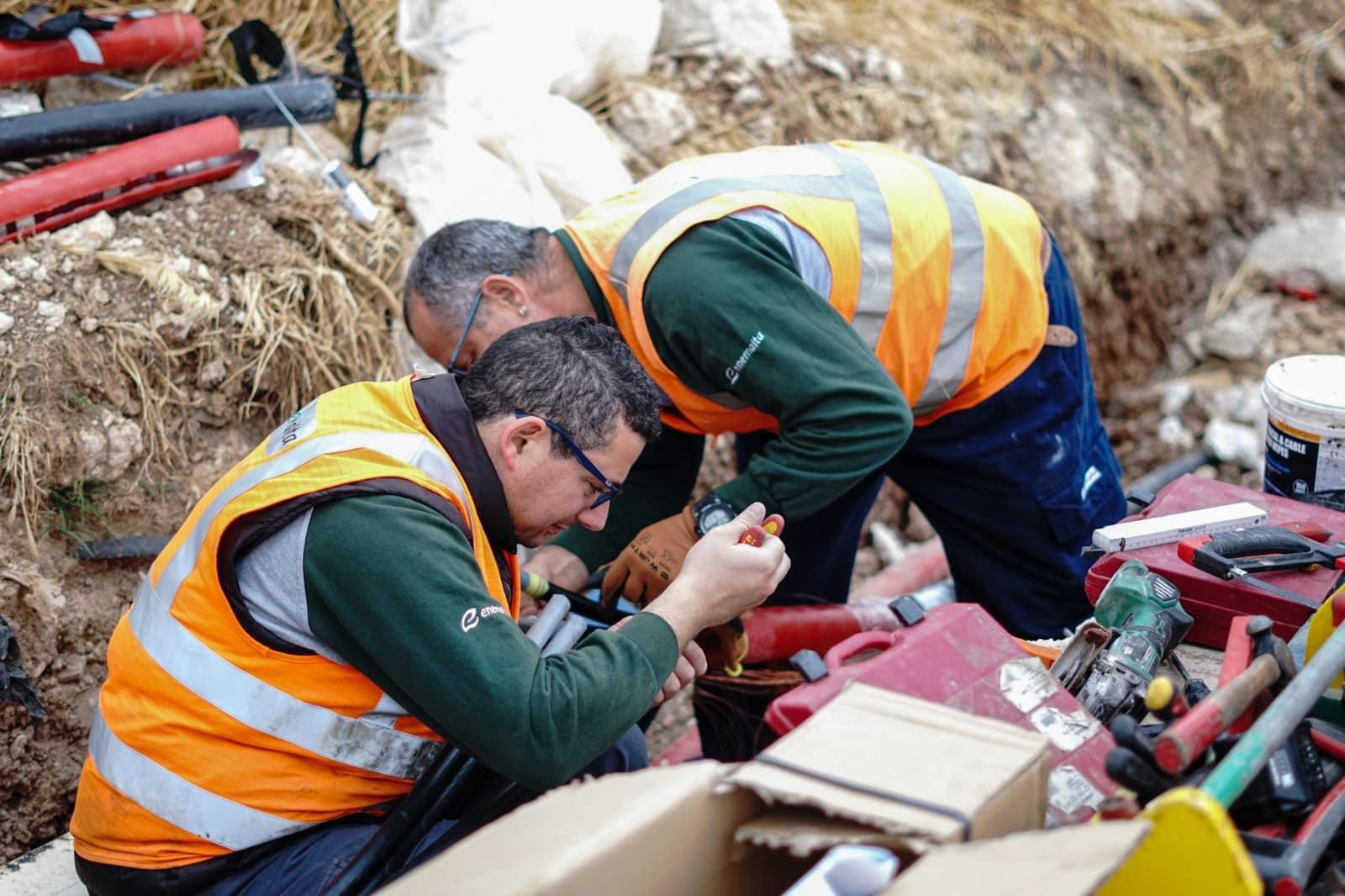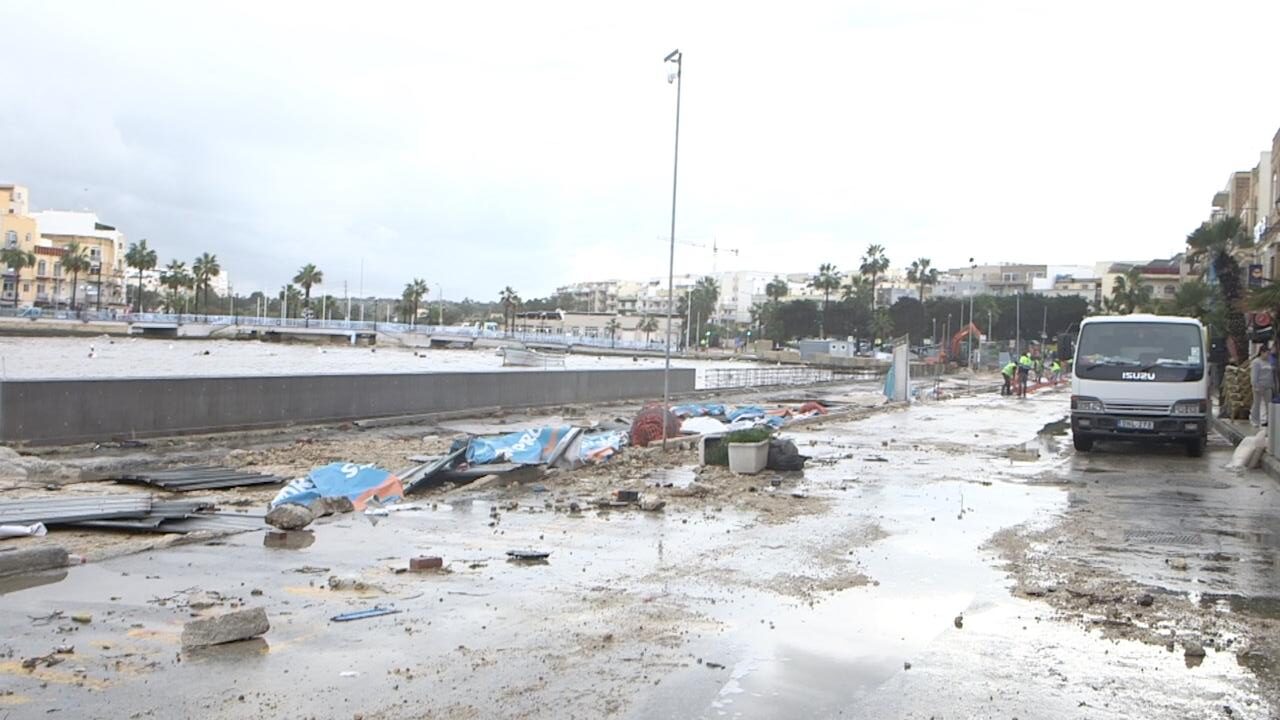Malta continues to maintain some of the lowest residential electricity prices in the European Union, according to the latest Household Energy Price Index (HEPI) compiled by Energie-Control Austria, MEKH, and VaasaETT.
As of January 2025, the price of residential electricity in Valletta stood at 12.3 euro cents per kilowatt-hour (c€/kWh), significantly below the EU average of 25.5 c€/kWh.
Among all European capitals, Budapest (Hungary) reported the lowest residential electricity prices at 9.1 c€/kWh, followed by Kyiv (Ukraine) (9.8 c€/kWh), Belgrade (Servia) (10.5 c€/kWh), and Podgorica (Montenegro) (11.1 c€/kWh).
Valletta, at 12.3 c€/kWh, remains one of the most affordable cities for household electricity.
In contrast, the most expensive capitals for electricity included Berlin (Germany) (40.4 c€/kWh), Brussels (Belgium) (38.5 c€/kWh), and Copenhagen (Denmark) (37.5 c€/kWh), all significantly above the EU average.
The disparity in pricing across European capitals reflects various economic and energy market factors, including reliance on fossil fuels, Government subsidies, and tax structures.
What keeps Malta’s electricity prices low?
The Maltese Government has been implementing subsidies to cushion consumers from energy price shocks. The extension of energy subsidy in 2025 is set to cost €152 million, just half the amount required for 2024, which was around €320 million.
Moreover, Malta’s reliance on long-term energy supply agreements, including the second interconnector with Italy, helps stabilise costs and prevents the extreme fluctuations seen in other European markets.
French NGO accuses Metsola and MEP of working with USA to dismantle Green Deal
Bloom calls out EU officials for 'adopting the Trump administration's strategy' to torpedo corporate environmental due diligence
Storm-hit businesses can now apply under amended Malta Enterprise scheme
A new measure offers targeted aid to storm-hit businesses while giving non-compliant operators one year to regularise their permits
Access to finance and rising fraud risks discussed at Malta Women & Finance Summit 2026
Expert advice for spotting scams and opinions on investing






